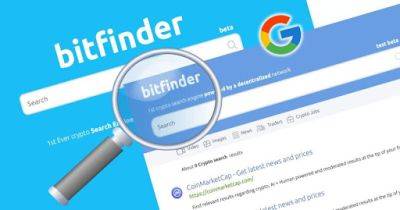AI21 Labs debuts anti-hallucination feature for GPT chatbots
AI21 Labs recently launched “Contextual Answers,” a question-answering engine for large language models (LLMs).
When connected to an LLM, the new engine allows users to upload their own data libraries in order to restrict the model’s outputs to specific information.
The launch of ChatGPT and similar artificial intelligence (AI) products has been paradigm-shifting for the AI industry, but a lack of trustworthiness makes adoption a difficult prospect for many businesses.
According to research, employees spend nearly half of their workdays searching for information. This presents a huge opportunity for chatbots capable of performing search functions; however, most chatbots aren’t geared toward enterprise.
AI21 developed Contextual Answers to address the gap between chatbots designed for general use and enterprise-level question-answering services by giving users the ability to pipeline their own data and document libraries.
According to a blog post from AI21, Contextual Answers allows users to steer AI answers without retraining models, thus mitigating some of the biggest impediments to adoption:
One of the outstanding challenges related to the development of useful LLMs, such as OpenAI’s ChatGPT or Google’s Bard, is teaching them to express a lack of confidence.
Typically, when a user queries a chatbot, it’ll output a response even if there isn’t enough information in its data set to give factual information. In these cases, rather than output a low-confidence answer such as “I don’t know,” LLMs will often make up information without any factual basis.
Researchers dub these outputs “hallucinations” because the machines generate information that seemingly doesn’t exist in their data sets, like humans who see things that aren’t
Read more on cointelegraph.com






















